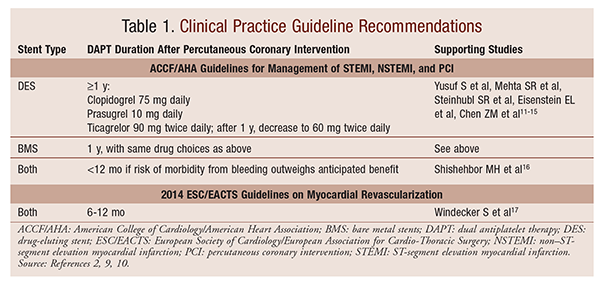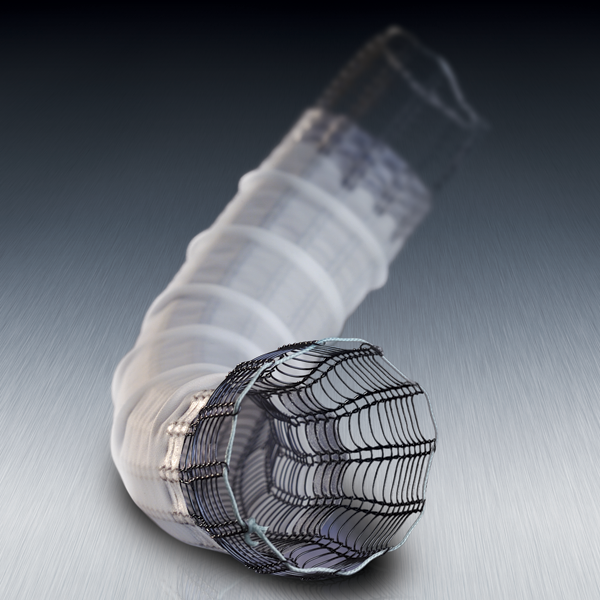

"All of the trials have been moving towards shorter and shorter and shorter. "A lot of the newer trials for newer stents suggest that shorter-duration dual antiplatelet therapy - even less than 12 months, like six months or one month - is actually not inferior to longer duration," Butala said.

That's not to say people shouldn't take blood thinners at all rather, they might only take them for three to six months following their stenting procedure, Butala said. "I think we need to individualize and talk to our patients, bring our patients into the equation, and make really shared decisions about the risk/benefit ratio for them." You can't just apply them like, 'OK, you've got to take this for the rest of your life,'" Mehran continued. "We really need to be cognizant of these blood thinners. "They're showing that the treatment effects of prolonged blood thinners have limited applicability with the current practice of and the kinds of devices that we have available to us," Mehran said. Roxana Mehran, director of interventional cardiovascular research and clinical trials with the Icahn School of Medicine at Mount Sinai in New York City. These results should lead heart doctors to reconsider the length of time stent patients take blood thinners, said Dr. "In a contemporary population, we actually found that the benefit disappears," Butala said. Patients on long-term blood thinners are more than twice as likely to suffer dangerous bleeding, but they no longer get any significant benefit for reducing clotting within the stent or avoiding a heart attack or stroke, researchers said. Those differences mean that patients are more likely to be harmed by long-term blood thinners than helped, the new study concluded. The researchers found that modern patients indeed were more likely to receive a second-generation stent, and also were more likely to be getting treatment for a heart attack versus chest pain. They compared them to more than 568,000 present-day patients with similar heart problems. To test their theory, the researchers gathered data from more than 8,800 patients who participated in the original clinical trial. The newer stents have a thinner structure and are coated with improved time-release drugs, both of which reduce clotting risk and therefore the need for blood thinners. Patients today are "more likely to receive a second-generation drug-eluting stent," Butala said.

Butala and his fellow researchers suspected that improvements in stent technology likely had changed the equation, making long-term blood thinners unnecessary for many.
GUIDELINER FOR STENTING TRIAL
Guidelines now call for most patients to take aspirin and blood thinner for more than a year and as long as 30 months to prevent blood clots from forming in their stent, Butala said.īut that guidance is based on a single clinical trial that took place about a decade ago.
GUIDELINER FOR STENTING PLUS
"The average person today getting a stent may be better off with shorter dual antiplatelet therapy" (which is aspirin plus a blood thinner). Neel Butala, a cardiology fellow at Massachusetts General Hospital in Boston. "Our current guidelines may not apply to the average person, in practice," said lead researcher Dr. That could cause a heart attack or stroke.īut heart doctors are prescribing these blood thinners longer than necessary because guidelines are based on clinical trial data that's become outdated, according to new findings. This is to make sure that blood doesn't clot inside the metal stent that now holds their artery open. Patients are regularly prescribed blood thinners for a year or more after angioplasty. 23, 2021 (HealthDay News) - Folks who've had a clogged artery reopened probably can stop taking blood thinners sooner than previously thought, a new study argues.


 0 kommentar(er)
0 kommentar(er)
